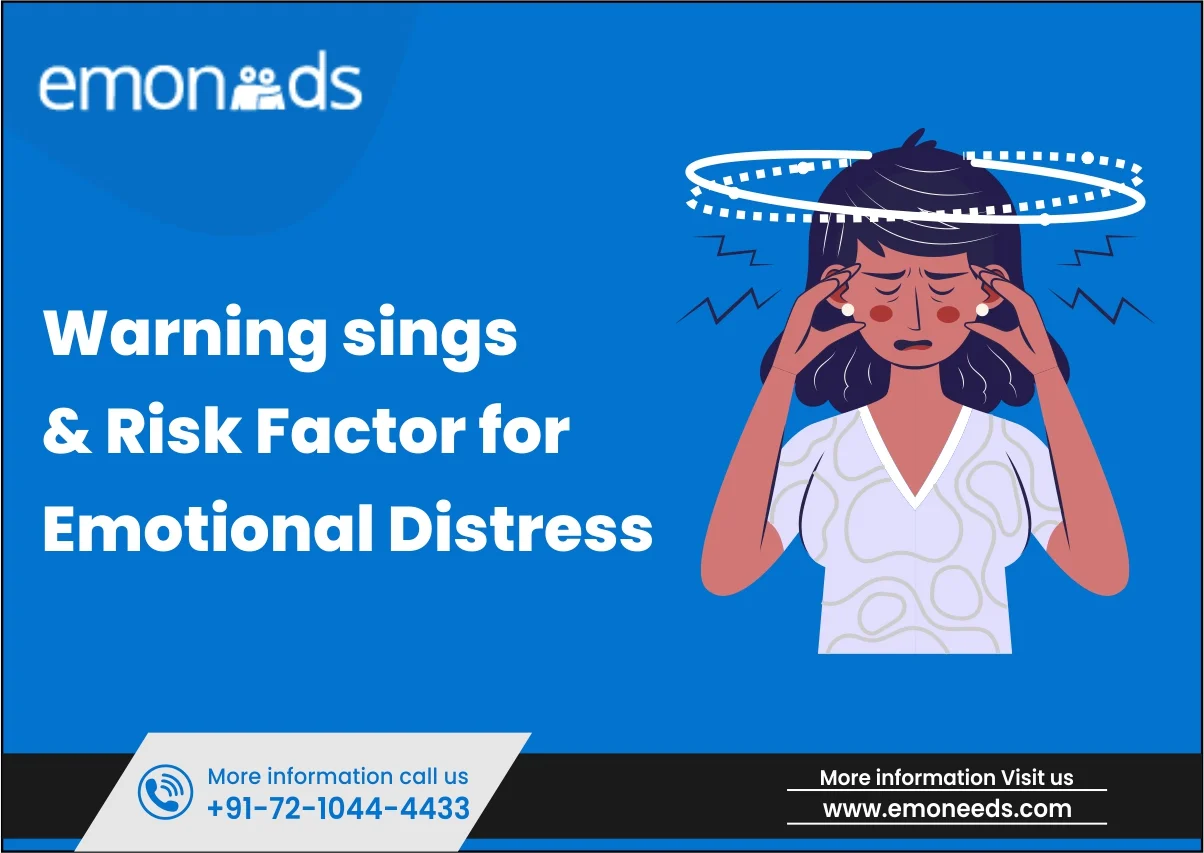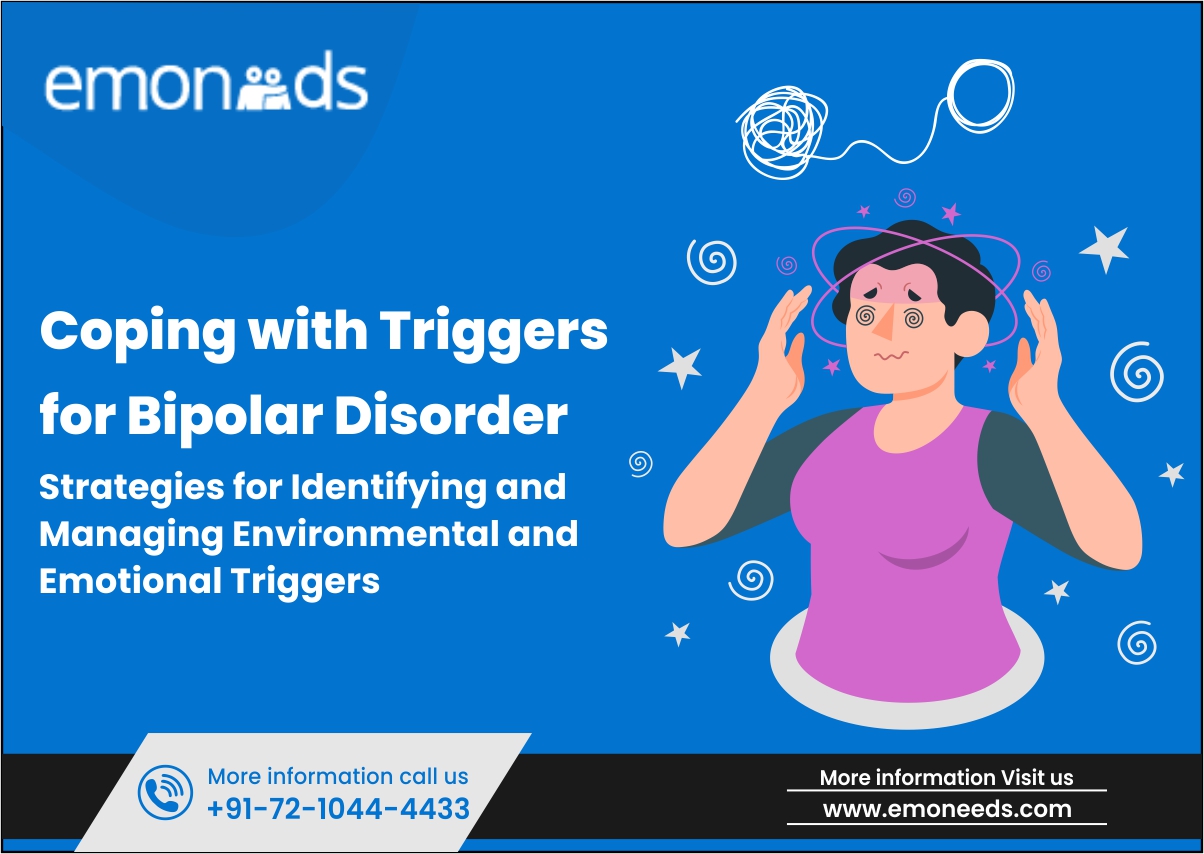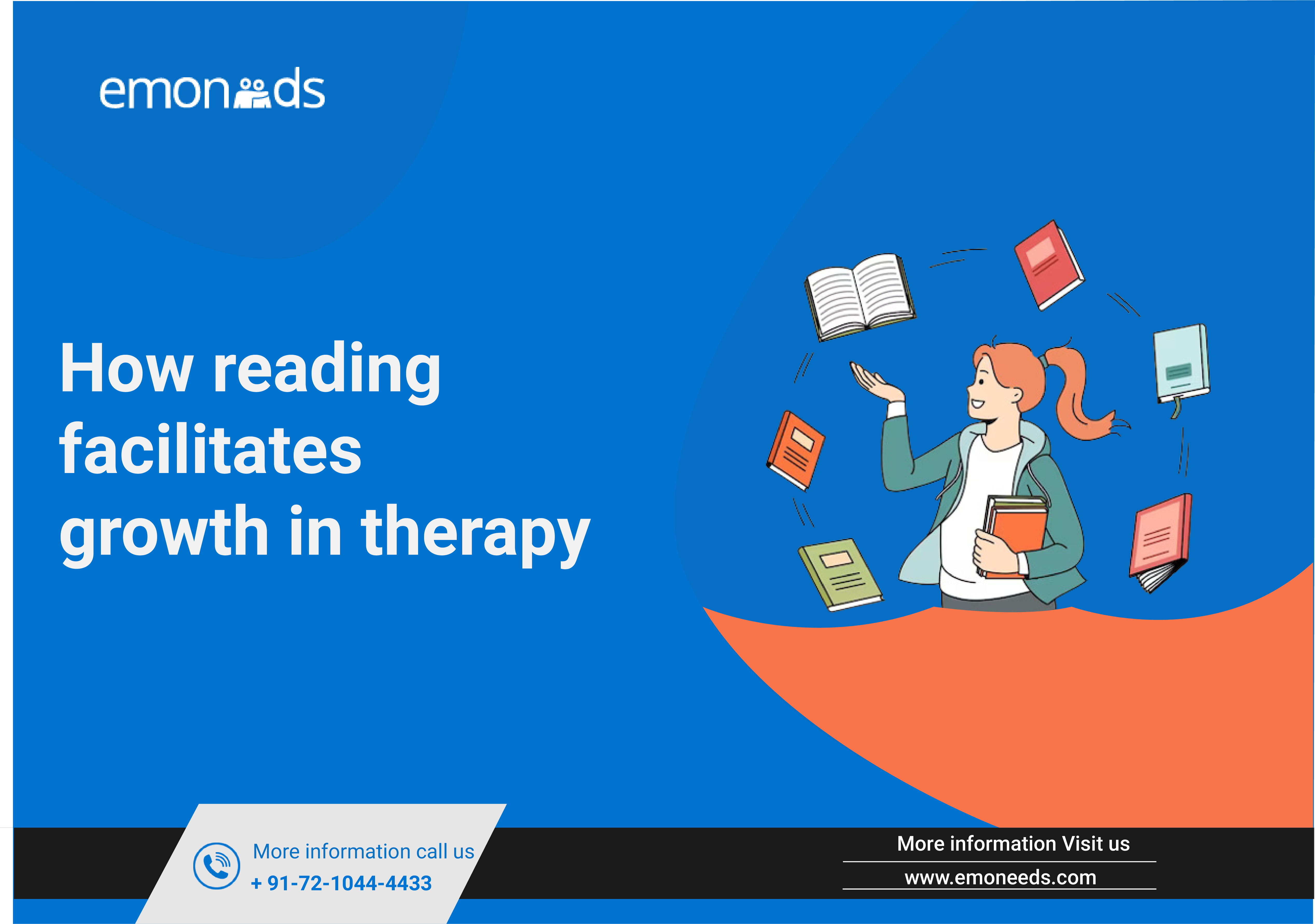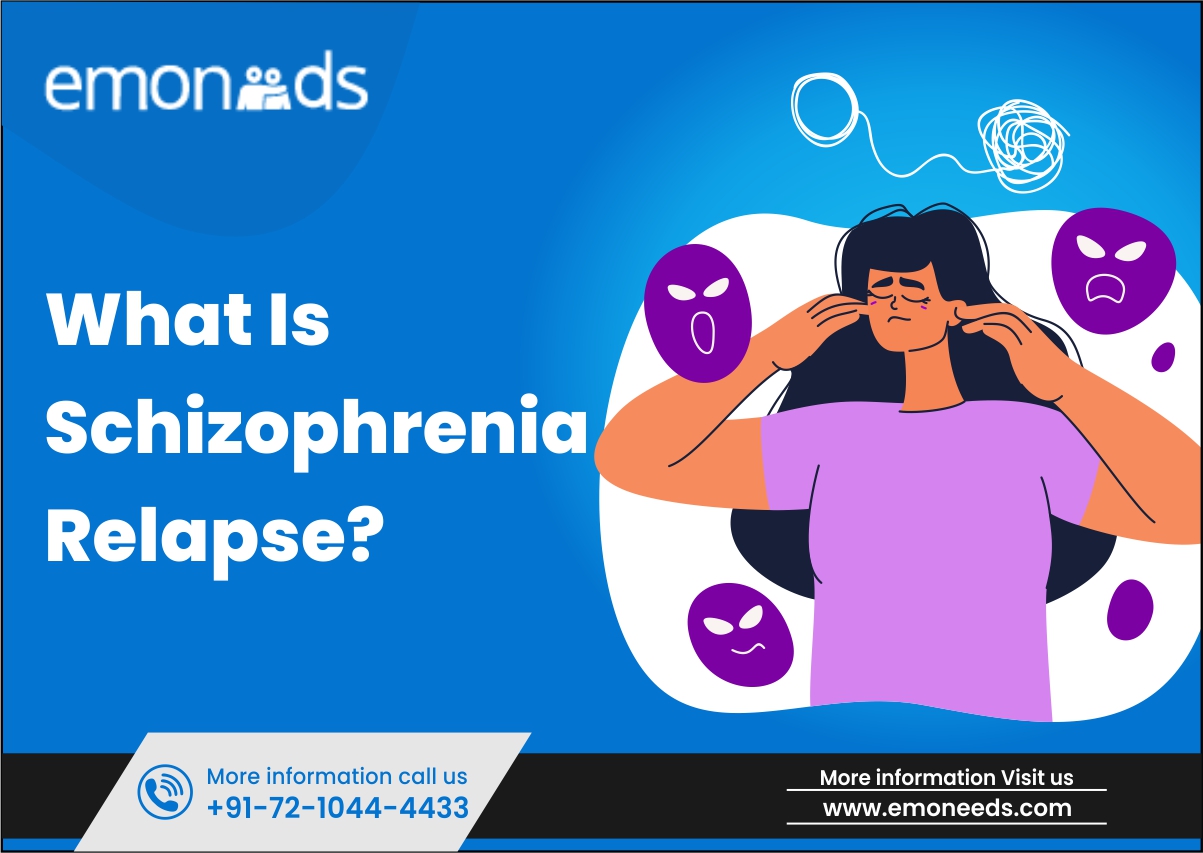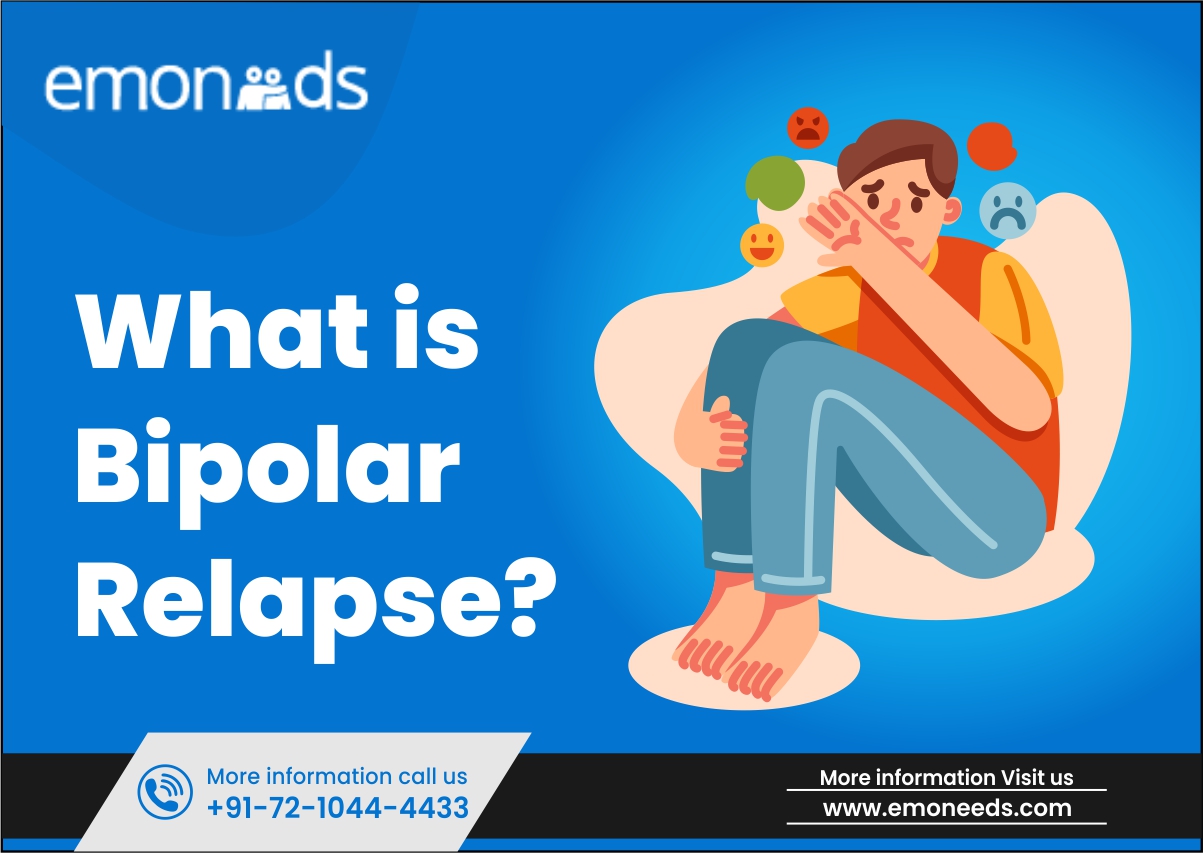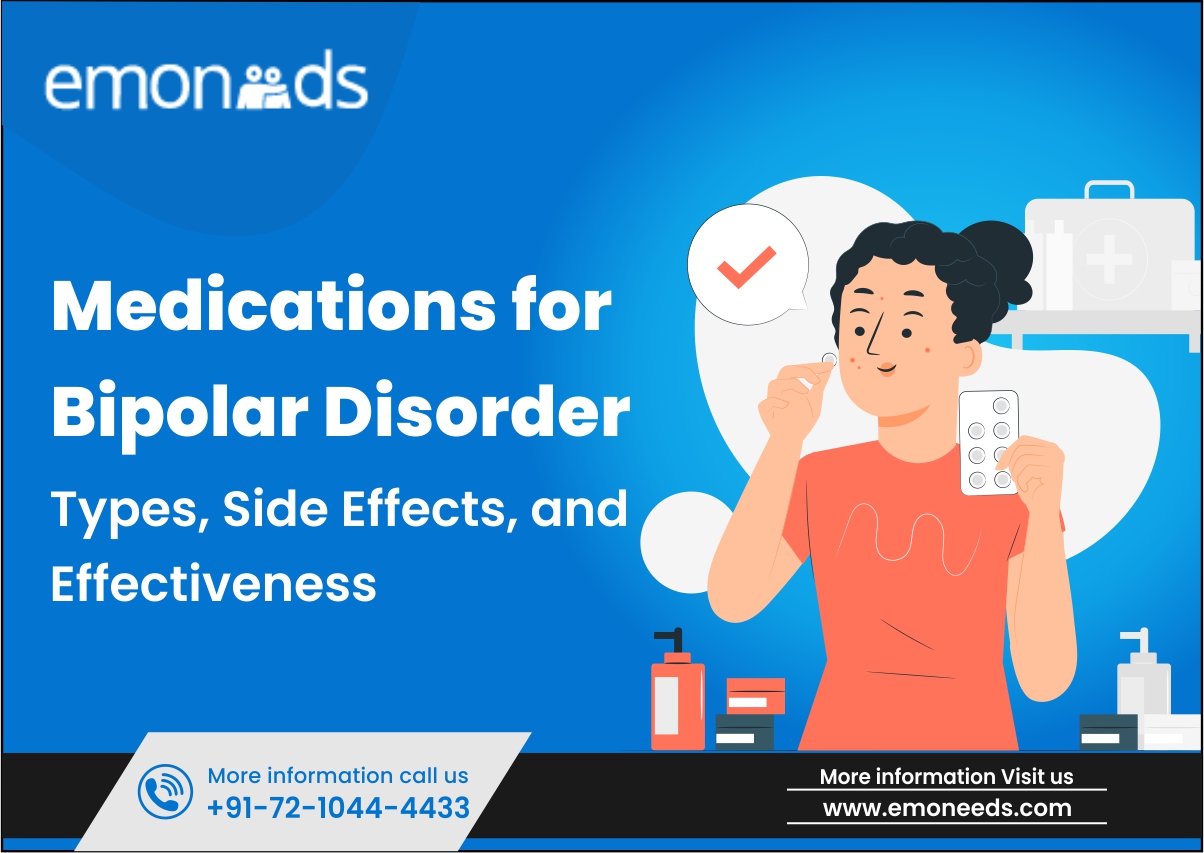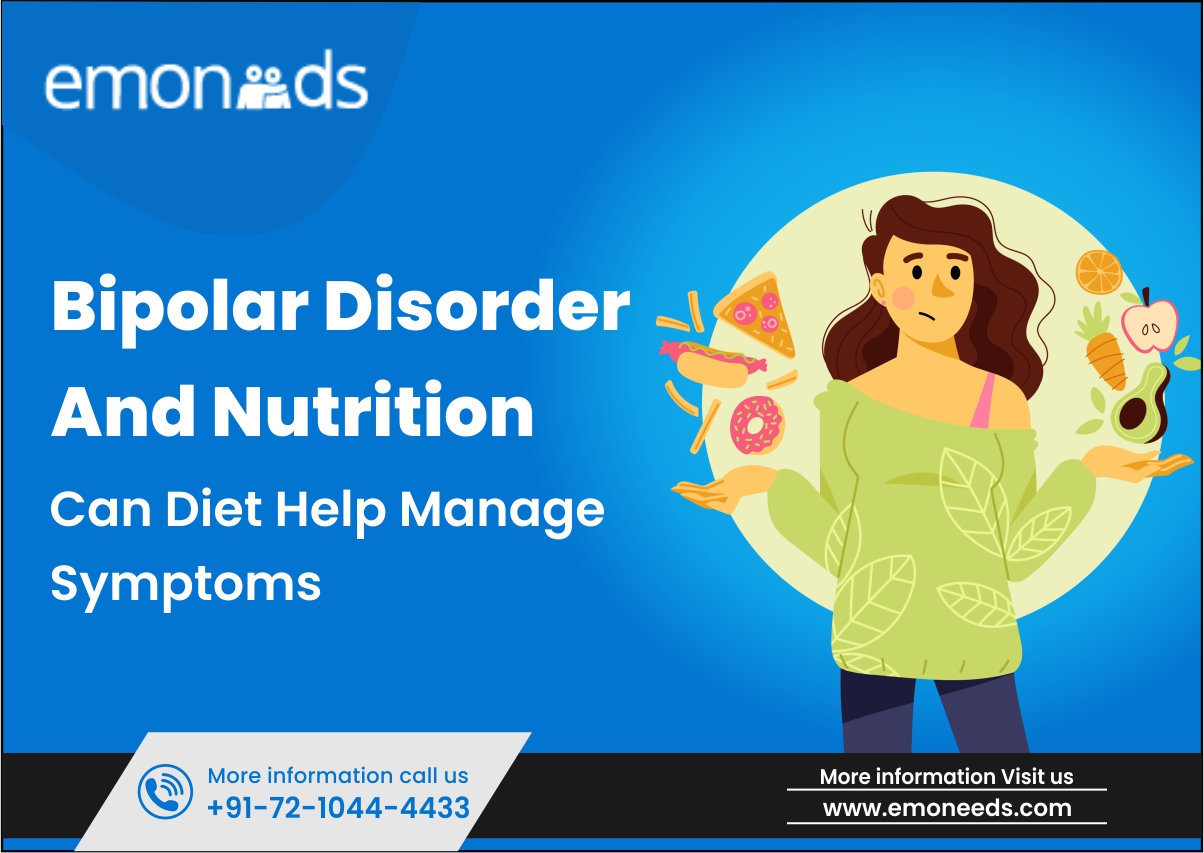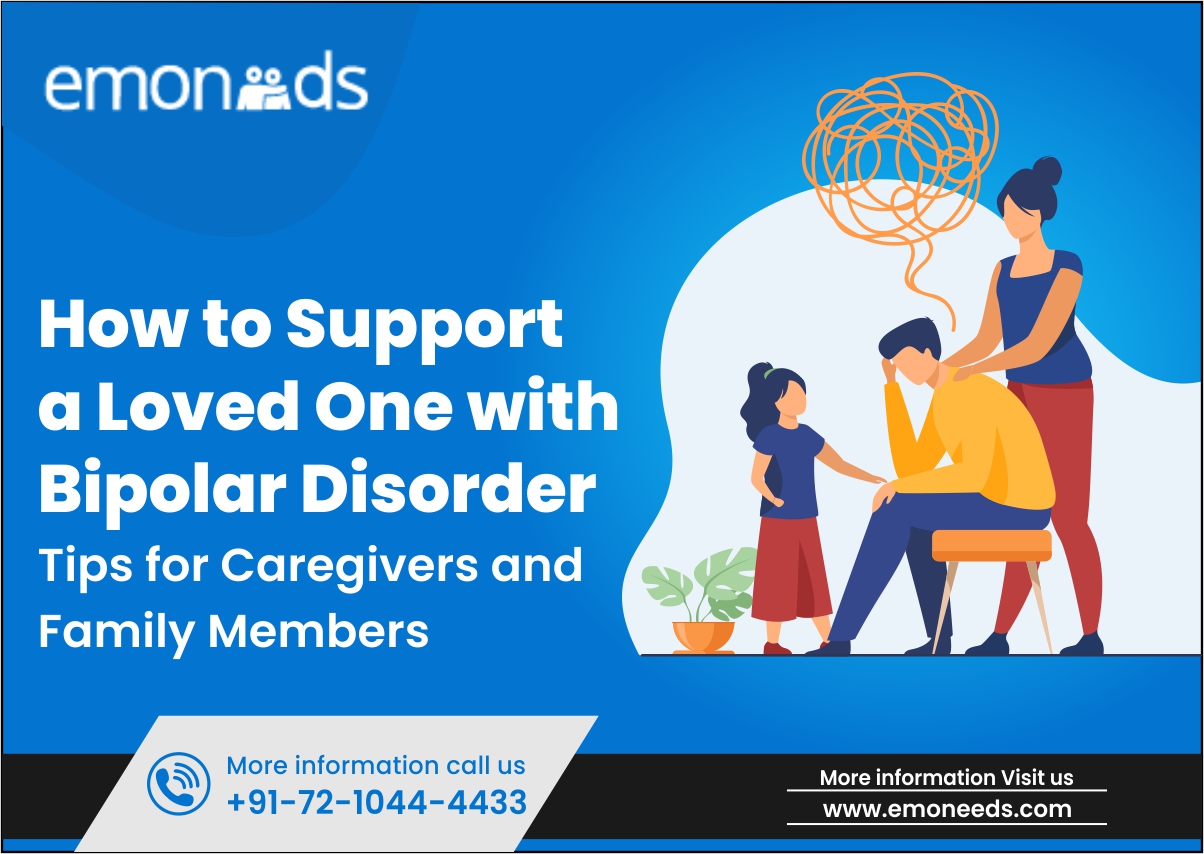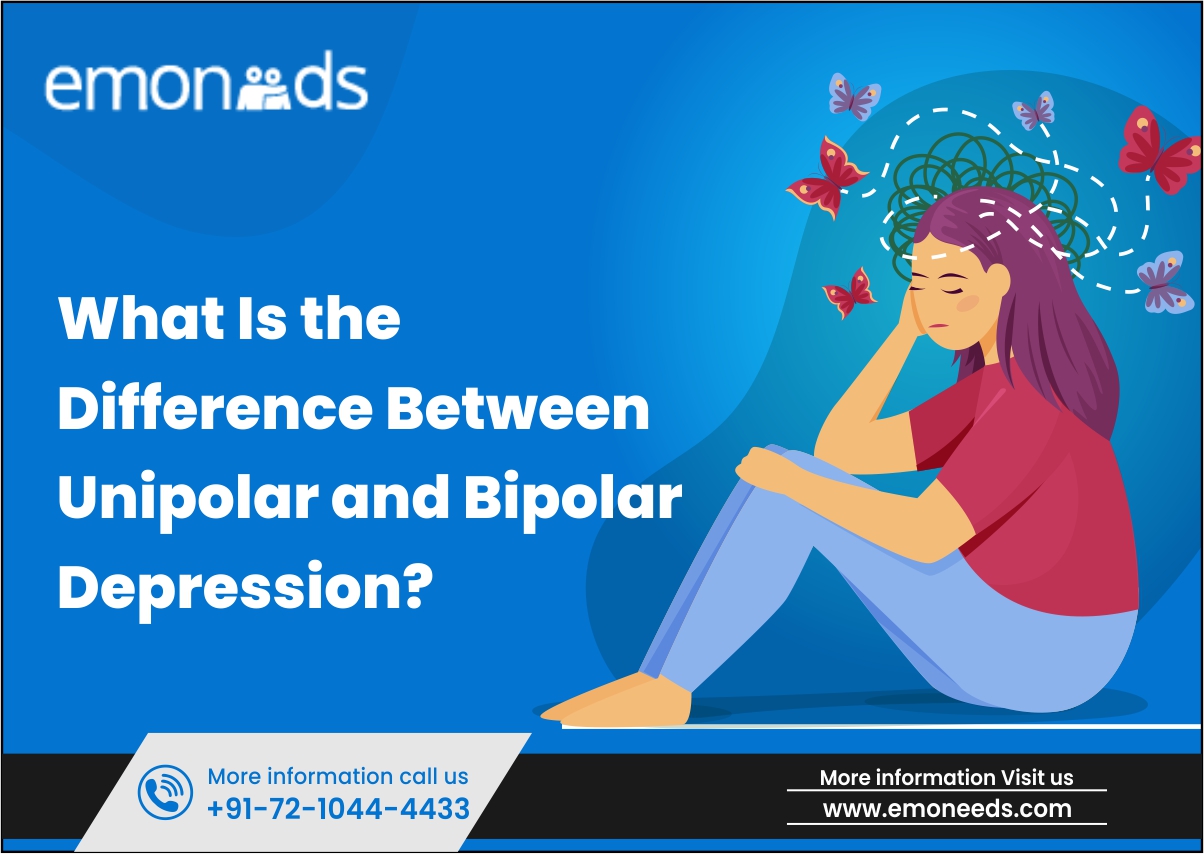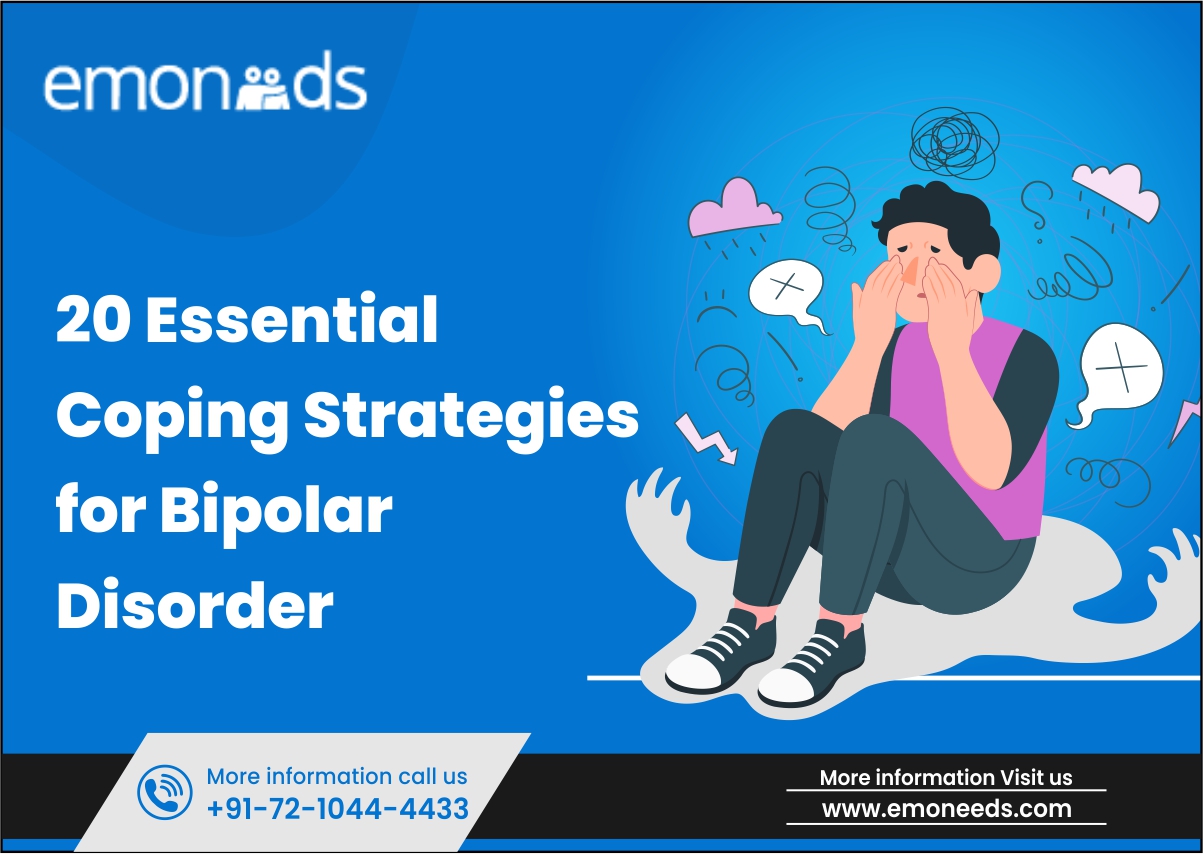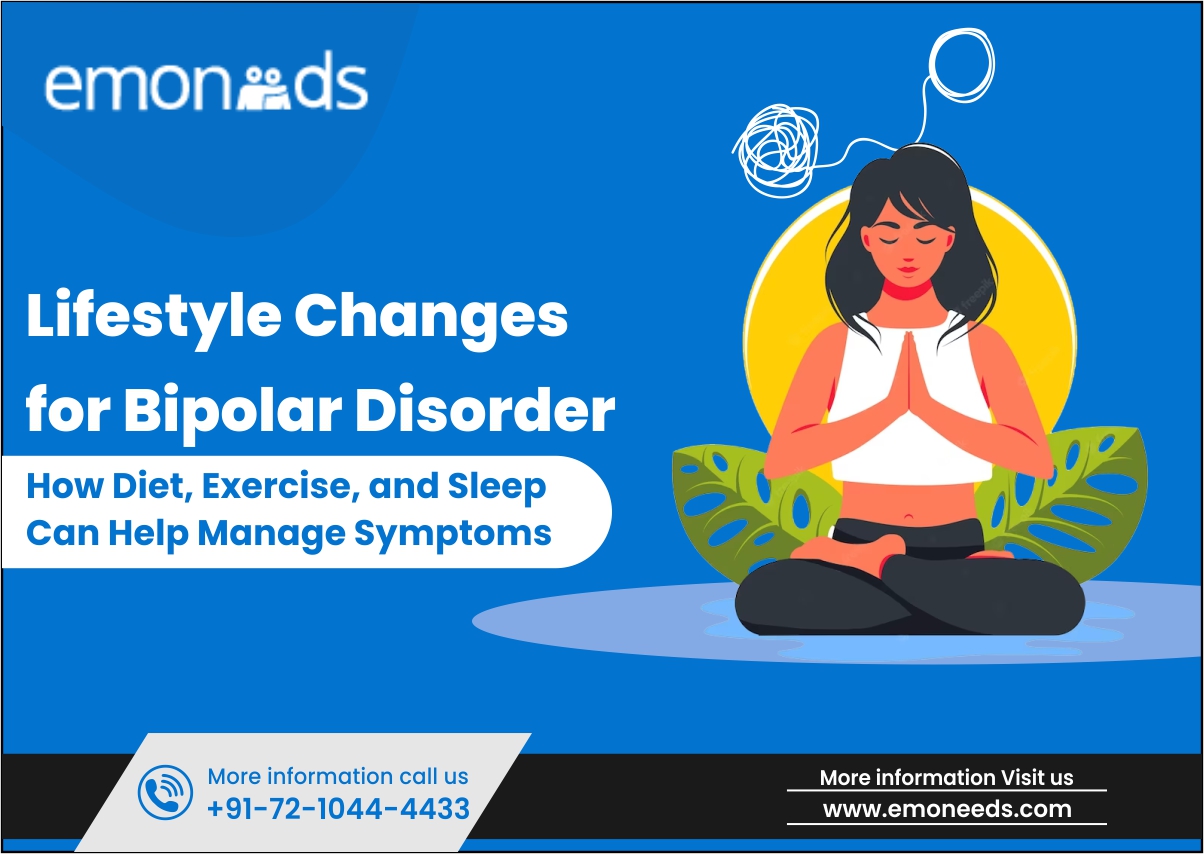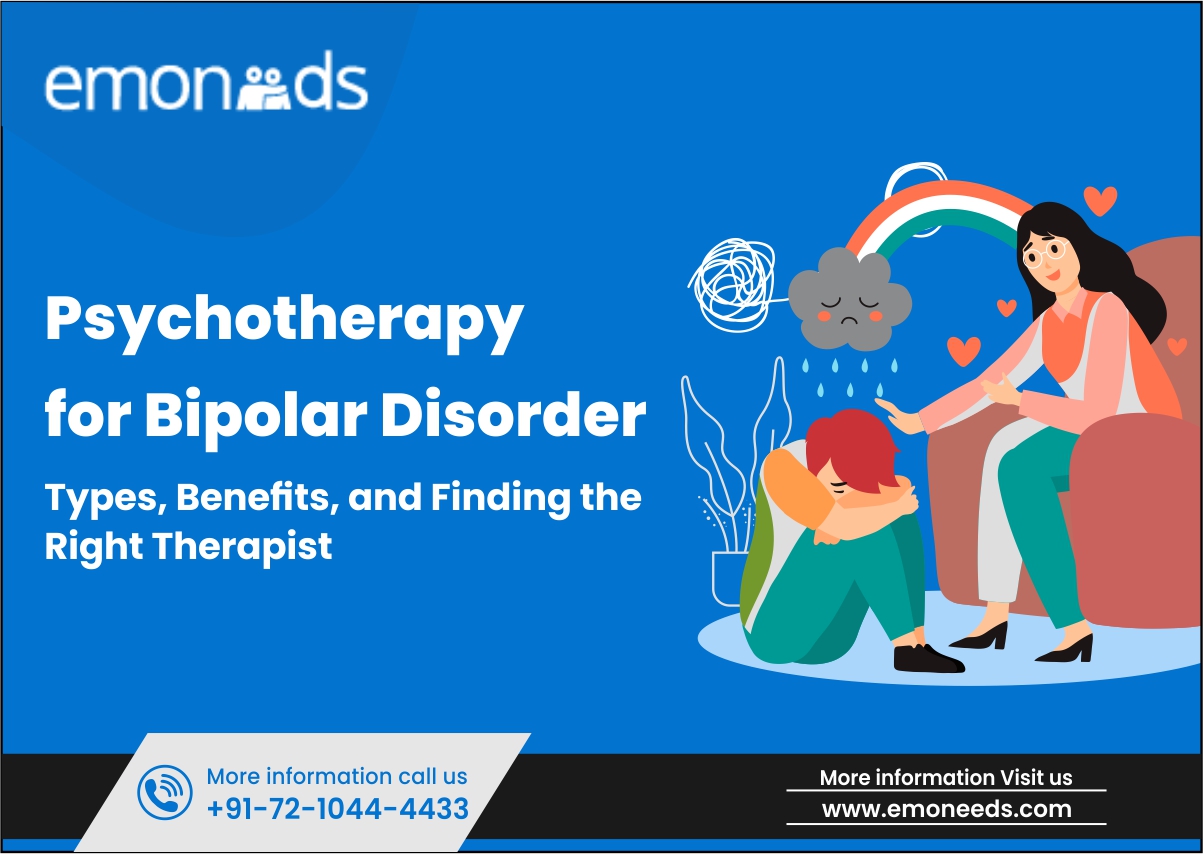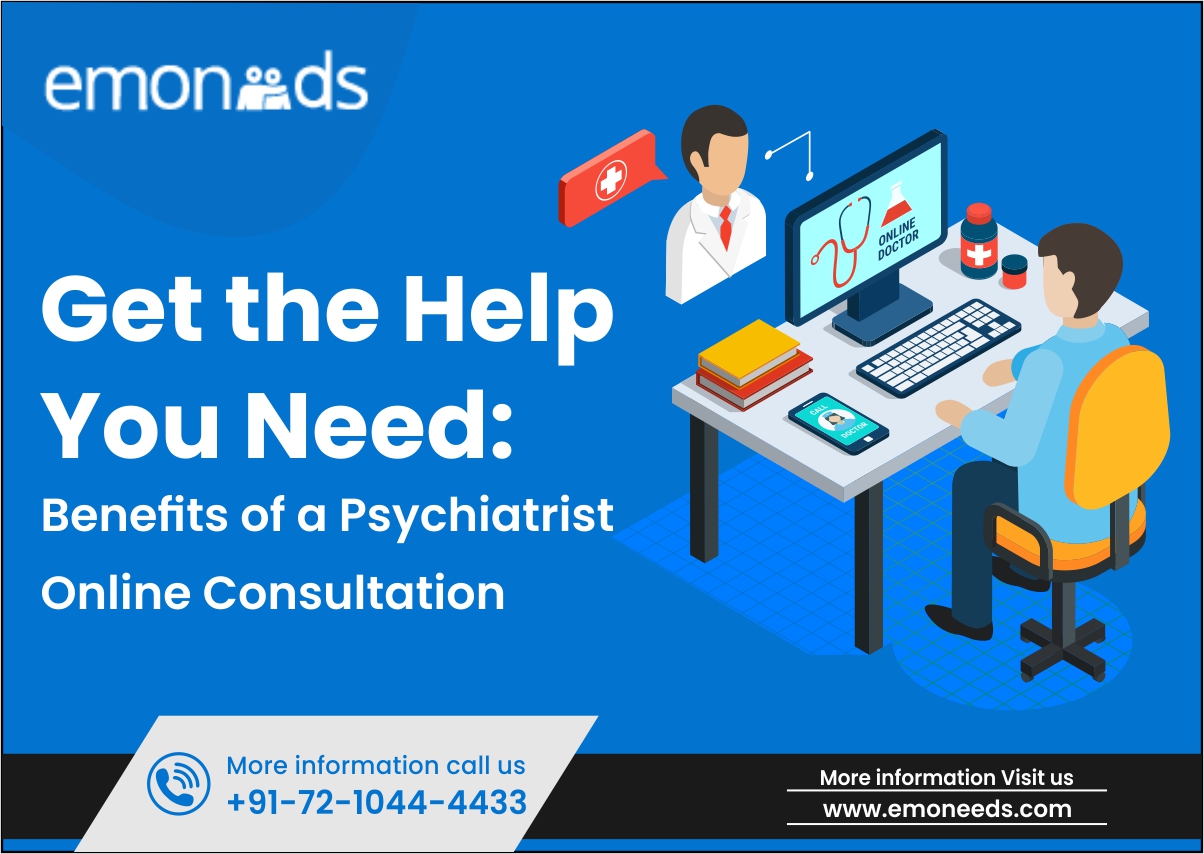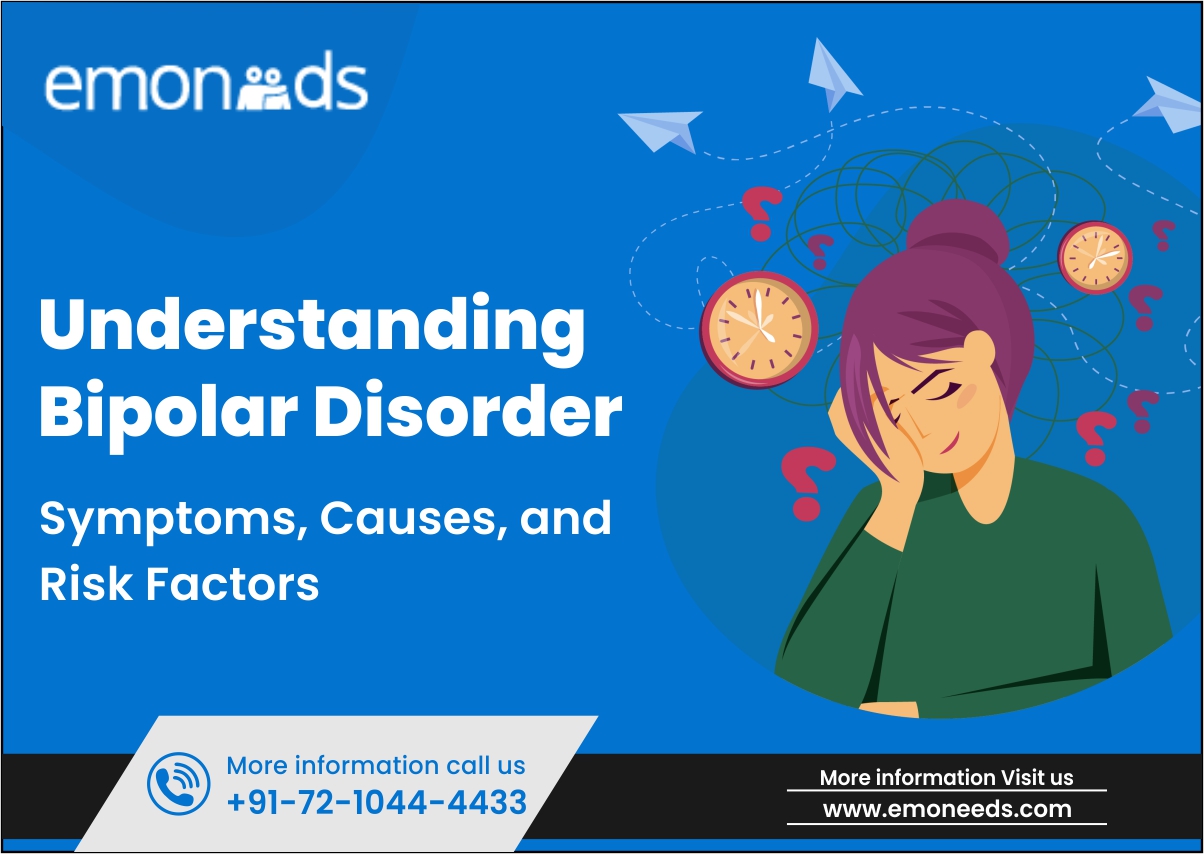
- July 31, 2023
- Saloni Kabra
- 0
Bipolar disorder is a complex mental health condition that affects millions of individuals worldwide. Its impact can be profound, not only on those diagnosed but also on their families and communities. In order to foster a greater understanding and support system for individuals with bipolar disorder, it is crucial to delve into the symptoms, causes, and risk factors associated with this condition.
By shedding light on these aspects, we can promote empathy, compassion, and effective management strategies. So, let’s explore the intricacies of bipolar disorder and how it affects those living with it.
Table of Contents
ToggleWhat is Bipolar Disorder?
Bipolar disorder, also known as manic-depressive disorder, is a chronic mental illness characterized by extreme mood swings. Individuals with bipolar disorder experience alternating episodes of mania and depression, which significantly impact their daily lives.
There are two main types of bipolar disorder: bipolar I and bipolar II. Bipolar I is defined by intense manic episodes, often accompanied by depressive episodes, while bipolar II entails less severe manic episodes known as hypomania, alongside depressive episodes. These mood fluctuations can disrupt personal relationships, work, and overall quality of life.
Symptoms of Bipolar Disorder
Bipolar disorder is characterized by a range of symptoms that emerge during manic and depressive episodes. Manic episodes involve heightened energy levels, racing thoughts, inflated self-confidence, impulsivity, and a reduced need for sleep. Individuals may engage in risky behaviors and experience an intense sense of euphoria.
On the other hand, depressive episodes bring about profound sadness, loss of interest, fatigue, changes in appetite and sleep patterns, feelings of guilt or worthlessness, difficulty concentrating, and even thoughts of self-harm or suicide. Recognizing these symptoms is crucial for early intervention and effective management of bipolar disorder.
Causes and Risk Factors
While the exact causes of bipolar disorder remain unknown, genetic and biological factors are believed to play a significant role. Bipolar disorder often runs in families, indicating a genetic predisposition.
Imbalances in neurotransmitters, such as dopamine, serotonin, and norepinephrine, are also thought to contribute to bipolar disorder. These chemical messengers play a crucial role in regulating mood, and disruptions in their levels or functioning can impact mood stability. Changes in brain structure and function have been observed in individuals with bipolar disorder, suggesting that alterations in the brain’s circuitry may contribute to the disorder’s onset and progression.
Environmental factors are another important piece of the puzzle. Stressful life events, such as trauma, loss, or major life transitions, can trigger or exacerbate bipolar episodes in susceptible individuals. These environmental factors can interact with genetic vulnerabilities, potentially increasing the risk of developing the disorder. Substance abuse and disruptions in sleep-wake cycles have also been associated with bipolar disorder.
It is essential to understand that the interplay between genetics and the environment greatly influences an individual’s risk of developing bipolar disorder. While someone may have a genetic predisposition, not everyone with these genetic markers will develop the condition.
Diagnosing Bipolar Disorder
Diagnosing bipolar disorder can be challenging due to the complexity of its symptoms and the overlap they share with other mental health conditions. Mental health professionals rely on specific diagnostic criteria outlined in the Diagnostic and Statistical Manual of Mental Disorders (DSM-5) to assess an individual’s symptoms and determine if they meet the criteria for bipolar disorder.
The diagnostic process involves a thorough evaluation that includes psychiatric assessments, exploration of medical and family history, and the use of assessment tools like interviews, questionnaires, and mood diaries. These tools help gather additional information about the frequency, duration, and intensity of symptoms.
Distinguishing bipolar disorder from other conditions, such as major depressive disorder or cyclothymic disorder, can be challenging. It requires careful consideration of the presence and duration of manic or hypomanic episodes in addition to depressive episodes.
An accurate diagnosis is essential for developing an appropriate treatment plan. It enables healthcare providers to recommend targeted medication options, psychotherapy approaches, and lifestyle adjustments that effectively manage symptoms and improve overall well-being.
Treatment Options
Managing bipolar disorder requires a comprehensive and multifaceted approach that combines medication, psychotherapy, and lifestyle adjustments. By addressing the various aspects of the condition, individuals can achieve symptom stabilization, mood regulation, and improved quality of life.
Medication
Medications are commonly prescribed to individuals with bipolar disorder to stabilize mood, control symptoms, and prevent future episodes. Mood stabilizers, such as lithium, valproate, and lamotrigine, are often prescribed as the first-line treatment. These medications help regulate mood swings and reduce the severity and frequency of manic and depressive episodes. Antipsychotic medications, such as olanzapine or quetiapine, may also be prescribed to manage severe manic symptoms. Additionally, antidepressants may be used cautiously in combination with mood stabilizers to address depressive symptoms.
Psychotherapy
Psychotherapy, or “talk therapy,” plays a vital role in the treatment of bipolar disorder. Different forms of therapy can be beneficial, including:
- Cognitive-Behavioral Therapy (CBT): CBT helps individuals identify and modify negative thought patterns and behaviors. It focuses on managing triggers, developing coping skills, and enhancing problem-solving abilities.
- Interpersonal Therapy (IPT): IPT focuses on improving interpersonal relationships and addressing communication difficulties and conflicts. It helps individuals build healthy and supportive connections, which can contribute to overall well-being.
- Family-Focused Therapy: This type of therapy involves the individual with bipolar disorder and their family members. It aims to enhance understanding, communication, and support within the family unit. Family-focused therapy can improve treatment adherence and help create a more stable and supportive environment.
Lifestyle Adjustments
Making certain lifestyle changes can significantly impact the management of bipolar disorder. These adjustments include:
- Sleep Management: Maintaining a regular sleep schedule is crucial. Sufficient sleep is essential for mood stability, and disruptions in sleep patterns can trigger episodes. Establishing a routine and practicing good sleep hygiene can promote better sleep quality.
- Exercise: Engaging in regular physical activity has numerous benefits for individuals with bipolar disorder. Exercise promotes mood regulation, reduces stress, and improves overall well-being. Activities such as walking, jogging, yoga, or dancing can be incorporated into daily routines.
- Stress Management: Developing effective stress management techniques is vital in preventing and managing bipolar episodes. This may include practicing relaxation techniques (such as deep breathing or mindfulness meditation), engaging in hobbies or activities that bring joy, and seeking support from friends, family, or support groups.
- Avoid Substance Use: Avoiding alcohol and recreational drugs is essential, as they can disrupt mood stability and interfere with the effectiveness of medications.
It is important for individuals with bipolar disorder to work closely with their healthcare team to develop an individualized treatment plan. Regular communication, adherence to medication schedules, consistent therapy sessions, and a commitment to healthy lifestyle practices are key to effectively managing the condition and achieving long-term stability.
Coping Strategies and Support
Living with bipolar disorder requires adopting coping strategies that promote stability and self-care. It is vital for individuals to identify their triggers and warning signs, develop healthy routines, and practice stress reduction techniques such as mindfulness, meditation, and relaxation exercises.
Establishing a strong support system is equally important. This may involve involving family members, close friends, or support groups where individuals can share experiences, seek guidance, and receive emotional support. Additionally, educating oneself about bipolar disorder and accessing reputable self-help resources can empower individuals in managing their condition.
Addressing Stigma and Misconceptions
Bipolar disorder, like many mental health conditions, faces pervasive stigma and misconceptions in society. The uninformed judgments and stereotypes associated with this condition can further isolate individuals and hinder their path to recovery.
It is our collective responsibility to challenge these stigmas, replace them with empathy and understanding, and create an inclusive environment that supports individuals with bipolar disorder. By fostering open conversations, promoting mental health education, and sharing personal experiences, we can help reduce the stigma surrounding bipolar disorder and encourage a more compassionate society.
Conclusion
Understanding bipolar disorder is vital for effective management and creating a supportive environment. By recognizing symptoms, causes, and risk factors, we can reduce stigma and promote empathy. To support individuals with bipolar disorder, contact Emoneeds. Emoneeds provides resources, assistance, and support for those affected by mental health conditions. Your involvement in raising awareness can make a significant impact. Let’s work together to foster understanding, acceptance, and a brighter future for individuals with bipolar disorder.
DBT emphasizes “mindfulness” practice. Mindfulness develops awareness of emotion, awareness of behavior, and awareness of one’s surroundings, allowing people to observe and accept their current experience without being judgmental. DBT therapists help individuals understand their patterns of emotion regulation, their impact on various aspects of lives, recognize them, and learn healthy skills to express emotions and cope with distressing situations. “Emotion regulation skills” learned through DBT help people deal with their vulnerability to rapid and intense emotional reactions.
People with emotional dysregulation have a lower level of tolerance for distress. A lower distress tolerance level impacts one’s ability to make decisions, which again leads to impulsive or self-destructive behavior. DBT places strong emphasis on enhancing the “distress tolerance skill”. Distress tolerance skills help individuals navigate challenging circumstances and emotions until they are able to respond in an effective way. As a result, such skills help them manage impulsive behaviors and self-destructive tendencies.
Another main focus of DBT is to improve interpersonal skills and help people develop healthy relationships. The “interpersonal effectiveness skills” that one acquires through DBT improve Individuals’ communication, assertiveness, and problem-solving abilities, helping them to manage relationships in a healthier and more adaptable manner. DBT also teaches how to establish healthy boundaries so that one may take care of oneself and have healthier relationships. When disputes occur, DBT skills assist in dealing with them constructively and finding solutions that work.
FAQs
-
What are bipolar patients at risk for?
Bipolar patients are at risk for mood swings, including extreme highs (mania) and lows (depression). These shifts can affect daily life, relationships, and work. They may experience impulsive behavior during manic episodes, leading to risky actions like overspending or substance abuse. Depression can cause feelings of sadness, hopelessness, and fatigue, impacting motivation and self-esteem. Without proper treatment, bipolar disorder can even increase the risk of suicidal thoughts or behaviors. Regular therapy and medication help manage symptoms and improve quality of life.
-
What are the 3 main symptoms of bipolar?
Bipolar disorder primarily manifests through three main symptoms: intense mood swings, erratic energy levels, and challenges in decision-making. These mood swings can cause periods of extreme elation (mania) followed by deep lows (depression). Individuals may experience bursts of energy during manic phases, often accompanied by impulsive actions. Conversely, depressive episodes bring about lethargy and feelings of sadness. These symptoms can disrupt daily life and relationships, underscoring the importance of accurate diagnosis and appropriate management.
-
What age are bipolar risk factors?
Bipolar disorder risk factors often emerge in early adulthood, typically between the ages of 15 and 30. However, it’s essential to note that bipolar disorder can affect individuals of any age, including children and older adults. Factors like family history, traumatic life events, substance abuse, and high stress levels can increase the likelihood of developing bipolar disorder. While age is a significant factor, it’s just one piece of the puzzle in understanding this condition’s complexities.
-
What causes bipolar disorder to get worse?
Several factors can worsen bipolar disorder. These include:
- Skipping medication: Not taking prescribed medication regularly can lead to worsening symptoms.
- Substance abuse: Alcohol or drug misuse can trigger mood swings and intensify the disorder.
- Stress: High levels of stress can exacerbate bipolar symptoms.
- Poor sleep: Irregular sleep patterns or insufficient sleep can make symptoms more severe.
- Lack of support: Limited support from friends or family may worsen the condition.
By addressing these factors, individuals can better control their symptoms and improve their quality of life.
-
Is bipolar caused by stress?
Stress doesn’t directly cause bipolar disorder, but it can exacerbate symptoms. Bipolar disorder is primarily influenced by genetic factors and chemical imbalances in the brain. Stressful situations, however, can trigger mood swings and episodes in those already predisposed to the condition. Managing stress through healthy coping mechanisms like exercise, relaxation techniques, and social support is crucial for individuals with bipolar disorder. Seeking professional help for effective treatment, including medication and therapy, is essential for managing symptoms and improving overall quality of life.

